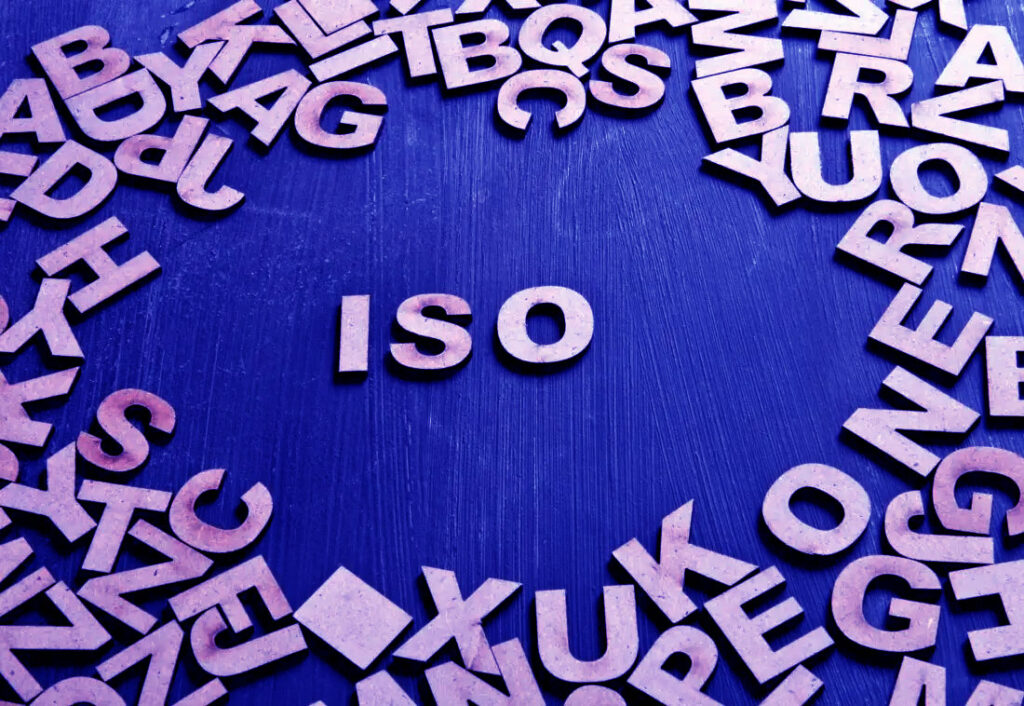ISO Evolution and Importance
Customers usually do not know whether a company’s quality system is good or bad because a company can have essentially any type of quality system it wants. The International Organization for Standardization (ISO) intends to help by standardizing quality systems.
It is simple to implement ISO 9001. Companies voluntarily adopt the ISO 9001 rules to demonstrate that their systems are based on internationally accepted criteria, meet minimum quality requirements, and are, in short, “good.”

The ISO 9000 Group
ISO 9001 cannot be discussed without mentioning the other ISO 9000 standards: ISO 9000, ISO 9002, ISO 9003, and ISO 9004.
ISO 9000 is the most important of these because it serves as the foundation for all other ISO 9000 standards.
ISO 9000 defines the concepts that comprise a quality management system. It is divided into two sections: fundamentals, which outlines the fundamental principles of quality management, and vocabulary, which is a glossary of QMS terminology. This standard is critical because it explains how to properly structure and implement a QMS and, as a result, achieve ISO 9001 certification.
The ISO 9000 standard is founded on the following quality management principles:
1. A customer-centric approach
2. Top-level management leadership
3. Internal participation
4. A methodical approach
5. Constant improvement
6. Decision-making based on evidence
7. Relationship administration
It should be noted that ISO 9000 is only a guideline and does not outline any requirements. As a result, anyone claiming to be “ISO 9000 Certified” has most likely made a typo.

